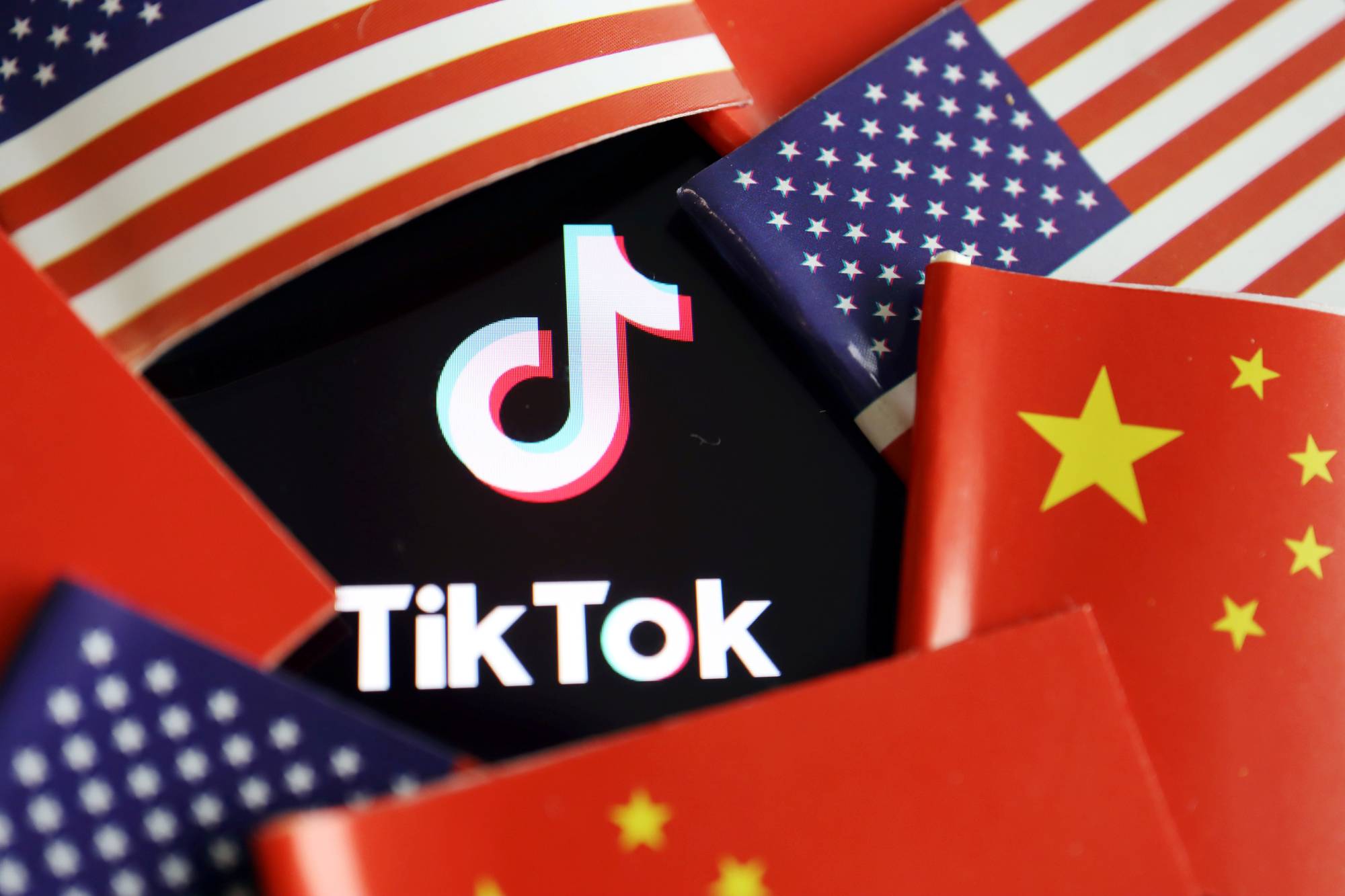Short-form video app TikTok doesn’t seem — at least at first glance — like the sort of social media platform that would find itself in the middle of geopolitical drama. In Japan, the platform typically allows teens to create dances, gives space for celebrities to take part in challenges and offers the truly ambitious the chance to turn the goofiest schtick into viral gold.
What appears at first sight like a solid way to kill some spare time, however, has morphed into a diplomatic flash point. First, India banned it, citing security concerns related to user data being harvested by ByteDance, the Chinese-owned company behind TikTok. It’s a mix of legitimate concern and political theater as China expands its power globally. U.S. President Donald Trump has warned that he might impose similar restrictions.
The Japanese government is also considering something similar. While the rhetoric around potential regulations isn’t as fiery as it might be elsewhere in the world, lawmakers in Japan have already pointed out TikTok’s data risks, and the Chinese government has also warned that a potential ban could impact relations between the two nations.

















With your current subscription plan you can comment on stories. However, before writing your first comment, please create a display name in the Profile section of your subscriber account page.